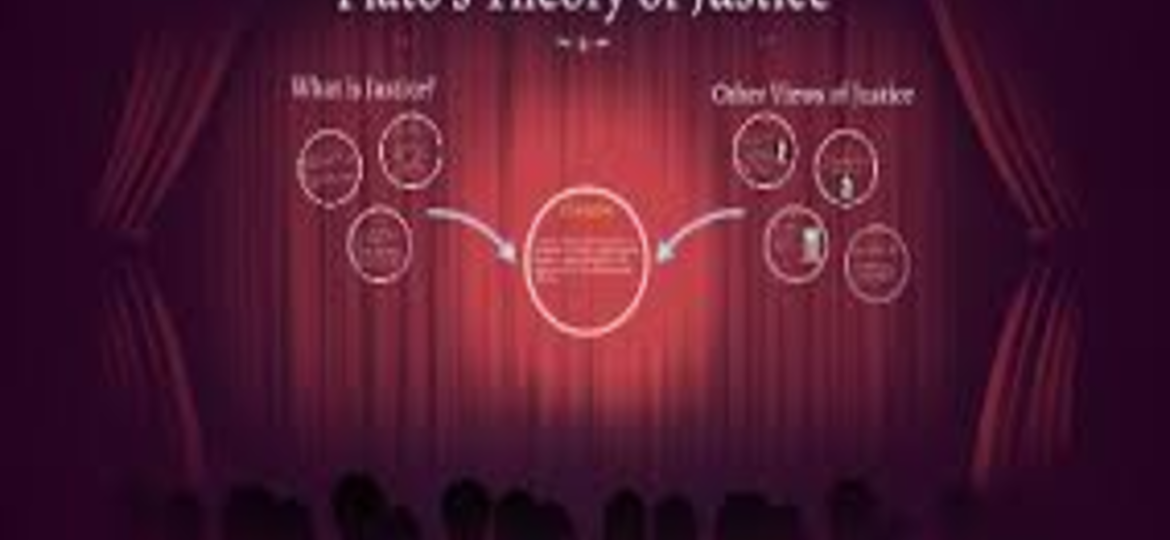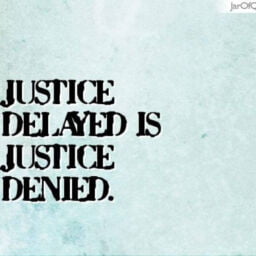
INTRODUCTION
Plato’s influence has been immeasurable even after more than 2500 years. His writings were remote from his contemporaries and his teachings continue to inspire debate and discourse. Most of his ideas and the issues he discusses in his writings are relevant in present-day society. He was focused on developing an ideal state based on the principles of justice and was the first Greek writer to write a systematic thesis dealing with political problems. Plato’s philosophy was based on the conversation of the soul and service of mankind.
EARLY LIFE OF PLATO
Plato was born in a noble and aristocratic family in Athens in about 427 BC. His forefathers were rulers and he too had political ambitions but he gave this up because of the political disturbances prevalent in Athens. He learned philosophy under Socrates and became a great lover of wisdom. The death of Socrates affected Plato. He turned anti-democratic and had to flee Athens. On return from his extensive journey through Greece, Egypt, and Italy, he set up The Academy for philosophy and scientific research.
THE REPUBLIC
‘The Republic’ is Plato’s greatest work. It is a political as well as an ethical treaty which is why it is known as ‘The Republic Concerning Justice’.
He set forth his idea of an ideal state where justice prevailed through ‘The Republic’. His ideal state was based on the theory of education and the theory of justice. Through the scheme of education, he divided society into three classes: rulers, soldiers, and workers. They had to adhere to two principles based on this division: functional specialization and non-interference. He believed that social harmony can be achieved if one class does not interfere in the works of another. The rulers and soldiers were also subjected to communism of family and property in order to avoid corruption and degeneration in the state.
In the theory of justice, Plato tells that the human soul contains three elements: reason, spirit, and appetite. Based on the prevalence of these elements in each person’s nature, he divided society into three classes; philosophers representing reason, soldiers representing spirit, and the working class representing appetite. The philosophers ruled while the soldiers guarded and the working class inhabited the state.
His scheme of education aimed at the overall development, both intellectual and physical of all individuals in the state. It was compulsory and state-controlled. People who clear the examinations at each stage were given further education and people were divided into classes based on their education.
RELEVANCE OF ‘THE REPUBLIC’ IN THE MODERN PERIOD
Plato’s idea of an ideal state helped lay the foundations of political science. His ideal state was a product of the turbulent conditions prevalent in Athens at that time. Athens had a corrupt democracy, class conflicts, and factionalism, and anyone who questioned the authorities, like Socrates, was executed.
Plato wanted a kind of aristocracy in his state. An aristocracy that knows and is trained to govern the people, philosophers based on knowledge and reason. He felt that only knowledgeable people governed by reason will be fit to rule and conduct the state. His idea was that the best governs the other members of society. Through education and years of training, these rulers make laws and take decisions on what is best for the state. Their laws and decisions will be dominated by reason and would serve the best interests of the people. With respect to soldiers, individuals trained physically and taught natural and mathematical sciences along with music acted as guardians of the state. People who showed quality in governing and protecting became rulers and soldiers respectively. Today’s society should also be ruled by people governed by reason and knowledge rather than people governed by bodily appetites.
In order to ensure that the rulers and soldiers did not become slaves of luxury and glory, Plato had communism of family and property. In the third class, the workers were allowed to have families and properties but the rulers and soldiers were not allowed to have family ties or private property. The guardian class was not to be tempted by money or reputation. They owed nothing and were provided with food and shelter by the state. Families have elements of sentiments and affection and bring with them the idea of ‘thine and mine’. Communism thus removes the conflict between personal interest and objectives of the state and abolishes corruption and degeneration in the state.
Plato in his theory states that to ensure a balance of elements, each individual should perform their functions, only if there is a balance of elements will there be justice and harmony and thus an ideal state. It is necessary for all elements of society to do their respective functions to avoid chaos and ensure stability in the state. Each person has to do his societal roles for the smooth functioning of the state. This implies that along with rights, we are bestowed with duties. Our duties towards the state in the modern period include holding the government accountable, actively participating in the affairs of the state, and exercising our right to vote among other duties. Plato was against democracy because he felt it gives people the idea that they are free to do anything. But this is not the case because it is our duty to ensure that we don’t infringe or violate the rights of another and ensure that the other person also gets to enjoy his rights. Like Oliver Holmes said “The right to swing my fist ends where the other man’s nose begins”.
Plato recognized the importance of education for all in order to exercise their rights and perform their duties. The guardian class was qualified to take an important decisions and the working class was educated to enable them to take political decisions. In modern democracies also, rulers need to be educated to take a prudent decisions and the citizens need to be educated to take part in the affairs of the state and take political decisions.
The most important idea in Plato’s theory is the idea of equality. No one is privileged or receives an advantage over others because of their birth, gender, or wealth. Everyone is given equal opportunity and the best, based on merit get to rule. He also ensured equality among the sexes. As long as the person, irrespective of whether they are a man or a woman has the qualification and ability can rule or guard the state. Women had an equal roles in public affairs and were given the same education and opportunities as men.
Finally, Plato held that the end of the state should be to promote the wellbeing of people. Those governing should aim for the best interests of the larger community rather than their personal interests. The state should function for the people and their interests.
CONCLUSION
Plato’s theory is applicable in today’s society as much as it was applicable to Athens at the time and it is no surprise that his ideas and theories are still relevant. For an ideal state where justice prevails, it is important for the state to be ruled by educated, able leaders without corruption. Ensuring education for all and ensuring equality also helps create an ideal state. Most importantly states should aim for the best interests of their citizens.
Author(s) Name: Anugra Anna Shaju (National University of Advanced Legal Studies, Kochi)
Reference(s):
- Benjamin Cantagallo, Why is The Republic by Plato still relevant today?, Medium, https://medium.com/@cantagallobenjamin25/why-is-the-republic-by-plato-still-relevant-today-bd5671db406d.
- com Editors, Plato, A&E Television Networks, https://www.history.com/topics/ancient-history/plato.
- ParomitaChakraborty, Plato’s theory of Justice, Surendranath College,http://www.surendranathcollege.org/new/upload/PARAMITA_CHAKRABORTYPlatos%20Theory%20of%20Justice2020-04-22Plato%20on%20justice.pdf.



